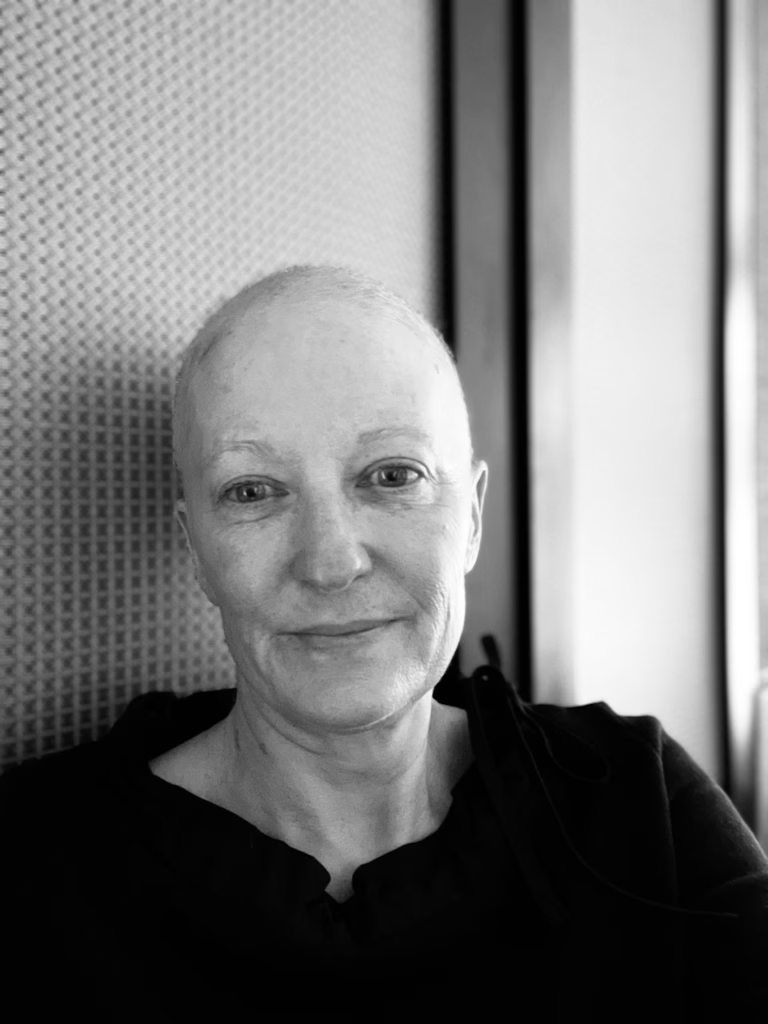February is Ovarian Cancer Awareness Month.
It is the most lethal female cancer in Australia. Fortunately, women diagnosed with stage one ovarian cancer have a 93% survival rate. The problem, though, lies in the fact most women with this deadly cancer are diagnosed in the advanced stages, where only 29% of women will survive past five years. For the cancer to develop from stage one to stage four only takes a year.
Georgie Beck, an Ovarian Cancer Australia ambassador and survivor, is making strides to raise funds and awareness. Only in her 40s, Georgie was diagnosed in 2022 with stage 4 ovarian cancer. Her only symptom was two weeks of bloating.
‘Symptoms mask what we go through monthly or with menopause, so feeling full after eating, it can mimic IBS, it’s very similar,’ explains Georgie. ‘There is no early detection test… a lot of people take a long time to be diagnosed, and they are dismissed as having women’s problems.’
This year for Ovarian Cancer Awareness Month, Georgie is headed to Canberra as a keynote speaker for a parliamentary breakfast on February 11th, where members of federal parliament and important figures in the ovarian cancer space will be in attendance.
‘I’m speaking about fear,’ says Georgie. ‘The fear that we have all the time. The fear of going into chemo, the fear of your cancer coming back, the fear of every three months having scans, and the fear of telling your kids. The mental game of ovarian cancer is almost even bigger than the symptoms and the medicine.’
There are not many ovarian cancer ambassadors, due largely to the low survival rate, and the trauma of reliving the experience. Georgie works with Ovarian Cancer Australia to show her sons that there can be goodness in the terrible hand she has been dealt.
‘This cancer needs more funding because it’s lagging behind in survival rates more than any other cancer… hopefully they give more priority to it.’
For more information about Ovarian Cancer Australia, visit www.ovariancancer.net.au
